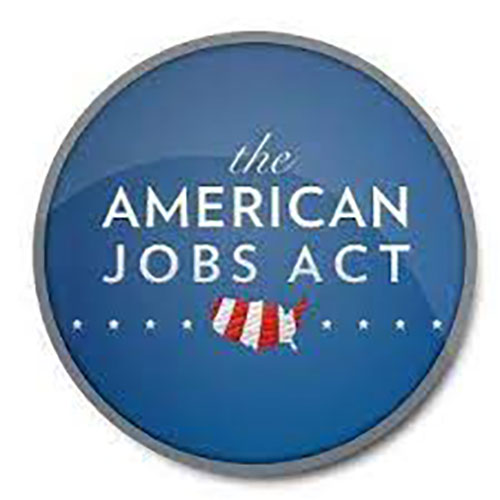by Linda Willet
President Biden hit the ground running this year with a proposal to fix America’s infrastructure and booster the economy. It is called the American Jobs Plan. Biden’s proposal includes items that involve physical infrastructure improvements for the country and items that involve the human infrastructure of the county. In an attempt to have bipartisan support for the bill, Biden and his team have been negotiating with West Virginia Senator Shelley Moore Capito, who is representing the GOP position, but the two sides are still far apart in their offers. The major stumbling blocks are the scope of the project and the way to pay for it.
The Democrats want to raise corporate taxes from 21% to 28% to raise money for the project. Republicans object to any corporate tax increase and want to use unspent COVID-19 relief money that has already been sent to the states to pay for the construction of roads, bridges, etc. Republicans also want to use money already approved in a water infrastructure bill, so their proposal includes repurposing some funds already approved. The corporate tax rate was decreased by Congress in 2017 as part of the GOP tax bill, and Republicans are resistant to raise it back to the former levels.
The second major stumbling block is the definition of infrastructure. The Republicans agree that the nation’s bridges, roads, and physical infrastructure need to be repaired and upgraded. Many of the bridges were constructed as part of the WPA plan during the Roosevelt administration. However, Biden’s bill defines infrastructure to include social programs to improve the health and wellbeing of Americans, such as improving educational opportunities and schools in low income areas, improving access to housing, addressing climate change, removing lead in pipes so all communities have access to clean water, providing free or reasonable costs for child care for working Americans, and instituting programs to aid family caregivers of the elderly and disabled so loved ones can be kept at home. Republicans have been adamant that they will not support a bill that includes anything more than physical infrastructure.
In the latest counteroffer, the Biden administration dropped from $2.3 trillion to $1.7 trillion, and the Republican negotiator offered a bid of $928 billion, which, again, addressed only the physical infrastructure portion of the bill. Biden thanked Senator Capito for her work and said he would meet with Republicans this week, but he stated “We’re going to have to close this down soon,” signaling that the Democrats may move to pass the bill without bipartisan support. Democrats are fully aware of Senator Mitch McConnell’s statement that “100% of my focus” is on stopping Biden’s agenda. With that statement in mind, Democrats want to move forward with programs to provide access to well paying jobs that improve the lives of all Americans.

